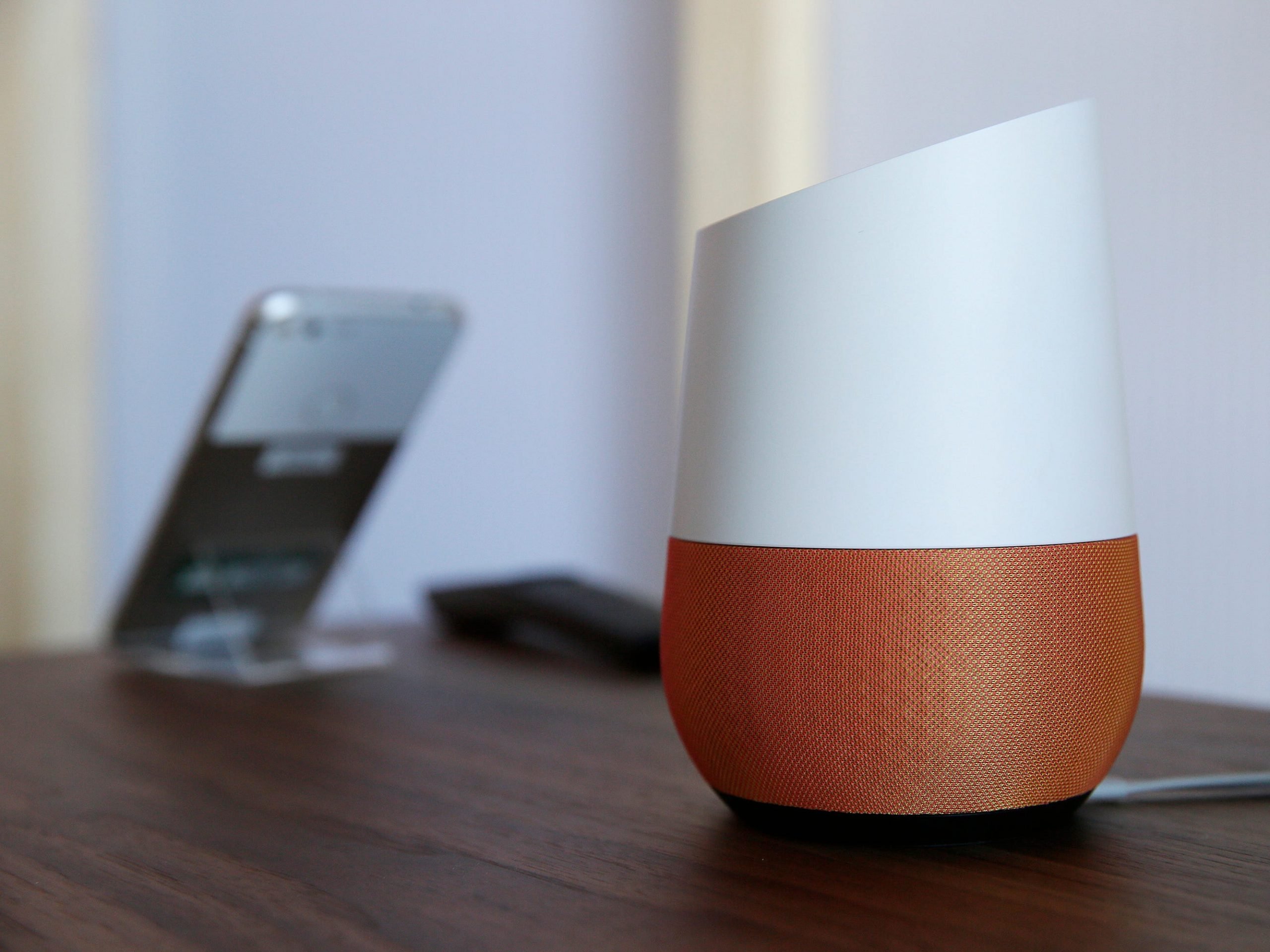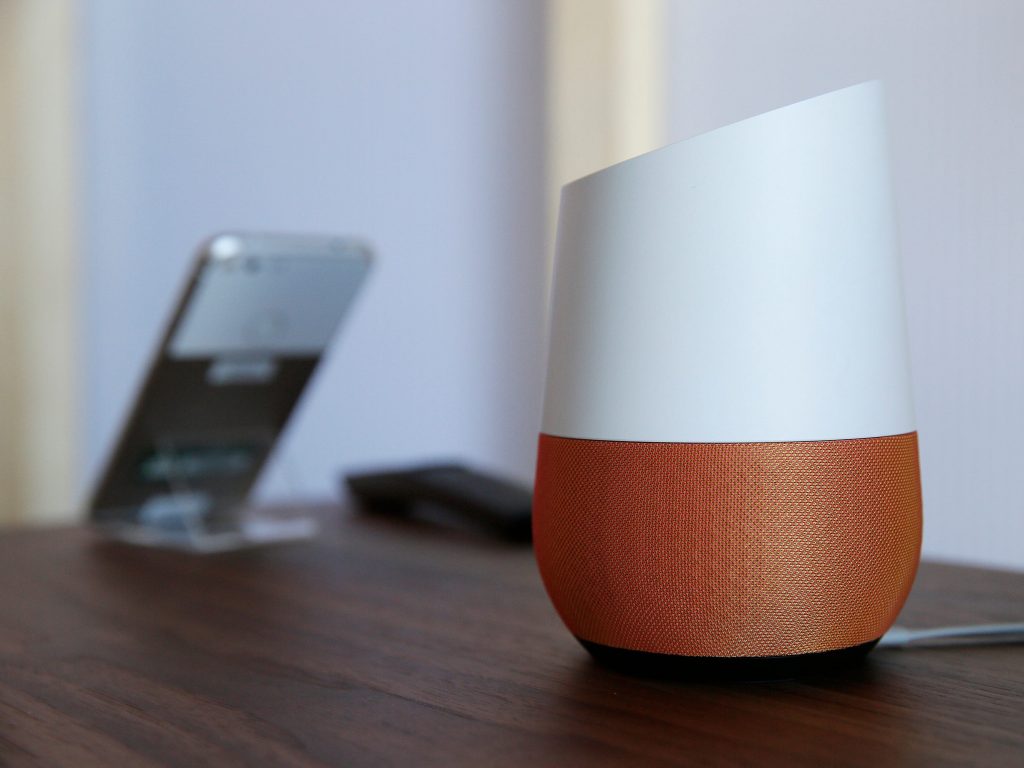
Eric Risberg/Associated Press
- Google infringed on five patents owned by Sonos, according to a preliminary ruling by a trade judge.
- Sonos first sued the Big Tech giant in January 2020.
- If the ruling is upheld, some of Google's products could be banned from import.
- See more stories on Insider's business page.
Sonos scored a win in a patent battle with Google on Friday, when a US trade judge said that Google infringed on five of Sonos' patents.
The preliminary ruling from judge Charles Bullock of the US International Trade Commission could deal a significant blow to Google. Some of its products, like its Pixel smartphones and Nest speakers, could be banned from import.
Sonos first sued Google in California federal court and with the commission in January 2020. The audio manufacturer alleged that Google infringed on its patents related to home speaker technology.
In addition to seeking financial damages in federal court, Sonos asked the commission, which is tasked with investigating unfair trade practices that harm US businesses, to ban imports of Google products that are made in China.
Google not only denied the claims – the tech giant also lodged a countersuit, arguing that Sonos was actually infringing on Google's patents. In September last year, Sonos filed another lawsuit against Google, adding five more patents to the list of alleged infringements.
The patent dispute between Sonos and Google is unfolding at a time when Big Tech companies are under heightened scrutiny by lawmakers for anti-competitive behavior.
"This decision re-affirms the strength and breadth of our portfolio, marking a promising milestone in our long-term pursuit to defend our innovation against misappropriation by Big Tech monopolies," Eddie Lazarus, Sonos' chief legal officer, said in a statement.
The case isn't over yet. The trade commission will review Judge Bullock's decision for a final ruling, which is scheduled to take place on December 13.
"We disagree with this preliminary ruling and will continue to make our case in the upcoming review process," José Castañeda, a Google spokesperson, said in a statement.

